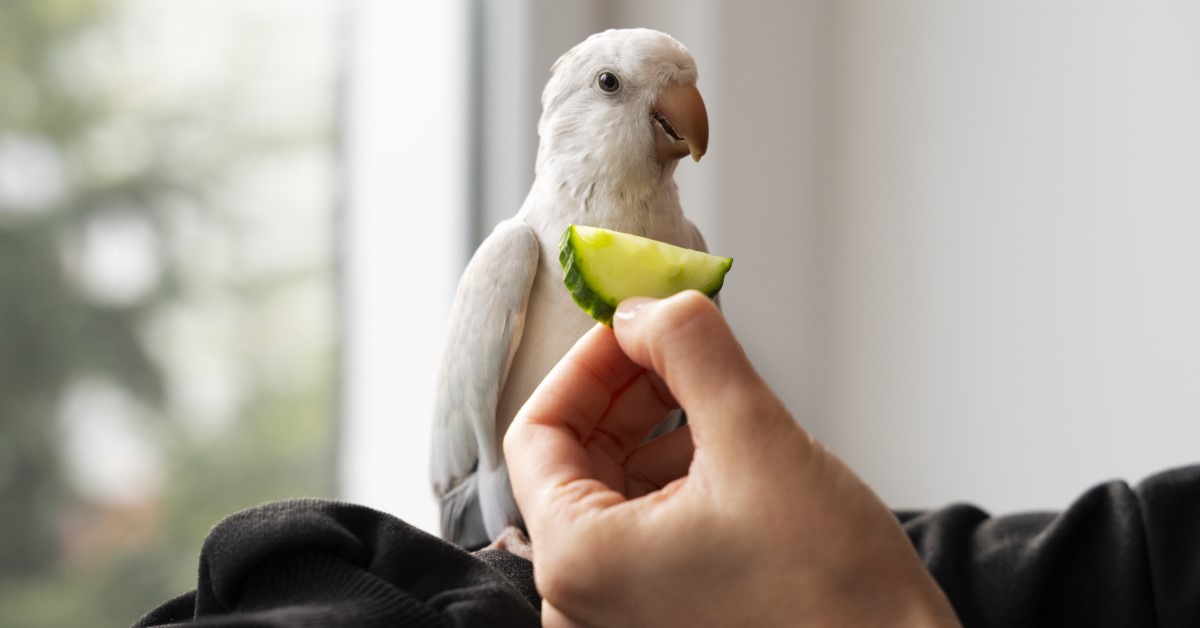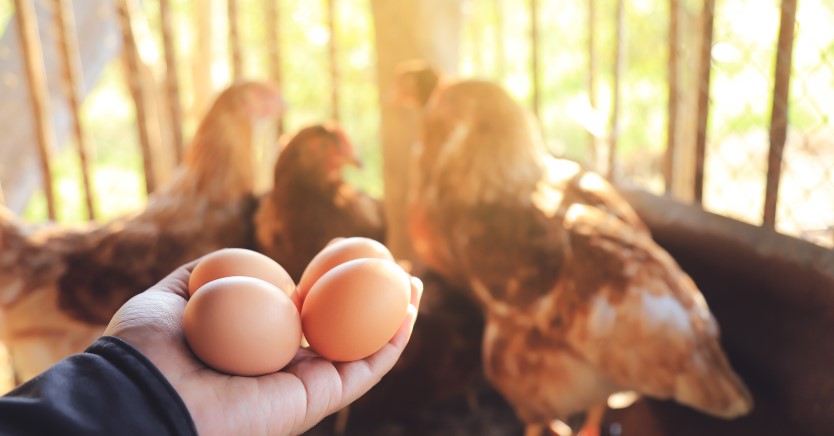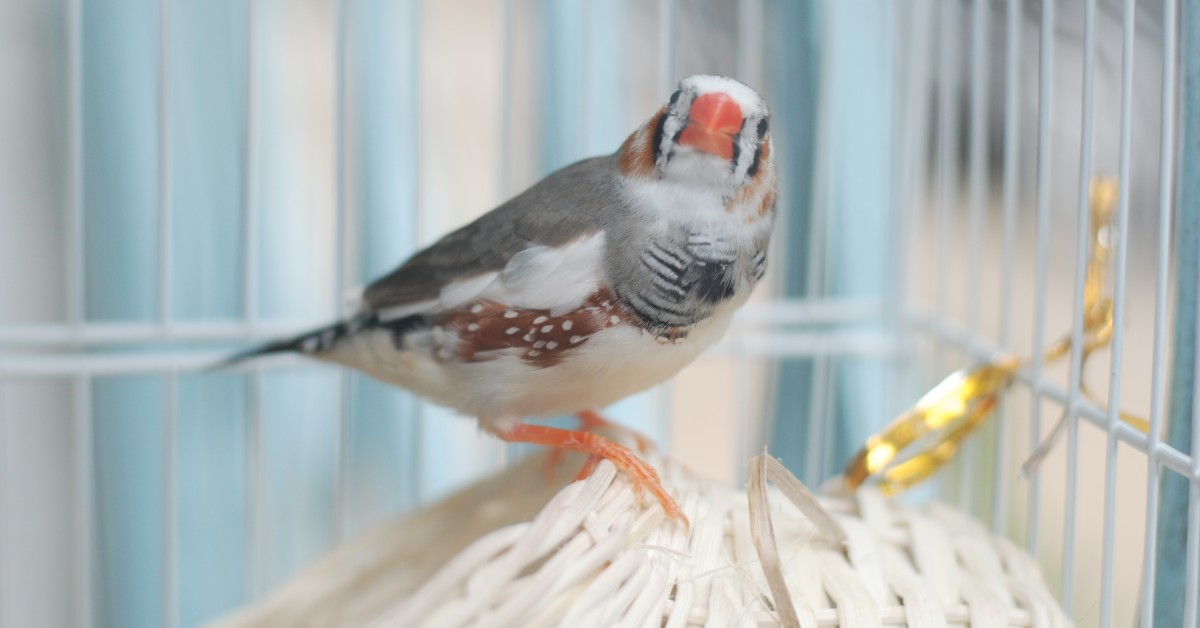What to Feed Your Pet Bird
Discover important components of a balanced diet for pet birds and how to meet their unique nutritional needs.

Pet birds can be excellent companions as they are highly intelligent, occupy minimal space, and are inexpensive to feed. Nutrition plays an essential role in a bird’s overall health, but it can often be difficult for new bird owners to determine the right balance of pellets, seeds, grains, and fresh fruits and veggies. Here’s what you need to know about pet bird nutrition to keep your new feathered friend happy and healthy.
Importance of Good Avian Nutrition
Birds digest food differently from other animals. They don’t have teeth, so they rely on a special organ known as a gizzard to grind and break down food. Digested material passes through the intestine for nutrient absorption.
Feeding birds a balanced diet helps support their immune system, maintain energy levels, and promote feather health. Without adequate nutrition, birds can suffer from a wide range of health issues.
Essential Components of a Bird’s Diet
Understanding what to feed pet birds is critical to keeping your new pet active and content. A balanced diet for birds may include:
Seeds and Grains
Seeds and grains are commonly given to pet birds as they offer essential fats and proteins. Some seeds, such as chia seeds and flaxseeds, can be especially beneficial due to their high omega-3 content. However, seeds alone cannot sustain a pet bird. A healthy bird diet requires seeds mixed with other food types, such as fruits and veggies.
Fruits and Vegetables
Make fresh fruits and vegetables a staple in your bird’s diet as they are a rich source of fiber, vitamins, and minerals. Safe fruits for birds include apples, berries, bananas, and melons. For vegetables, stick with options such as broccoli, carrots, and leafy greens.
Bird Food Pellets
Pellets are commonly added to an avian diet as they contain a healthy mix of seeds, grains, vitamins, and minerals. While they are designed to meet all of a bird’s nutritional needs to reduce the risk of dietary imbalances, they can be used in conjunction with fresh fruits and veggies for variety.
Protein Sources
Protein is essential for healthy growth and repair. Examples of good protein sources for birds include cooked eggs, nuts, and walnuts. Use caution when feeding your bird protein-rich foods to avoid overconsumption. These types of foods should be limited to once or twice a week.
Special Dietary Considerations for Bird Species
Different species of birds have unique dietary requirements that reflect their natural habitats and dietary needs in the wild. Considerations to make include:
Bird Species - Specific Dietary Needs
Consider the species of bird you plan to adopt and their recommended diet. For example, parrots often thrive on a varied diet of pellets, fresh fruits and vegetables, and the occasional nuts. Compared to other species, parrots require a higher level of fat and protein.
Canaries, on the other hand, are primarily seed-eaters. However, they can benefit from the addition of fresh fruits and veggies to their diet. Parakeets, also known as budgerigars or “budgies,” require a balanced diet of seeds and pellets, along with regular pieces of fruit and vegetables. As they are prone to obesity, limit high-fat seed options.
Age and Health Factors in a Bird’s Diet
The age and overall health of a bird can also play a role in its diet. Chicks and young birds require extra protein and calcium to support healthy growth and development. Adults need a balanced diet with adjustments made based on activity level and reproductive status. Elderly birds often require a low-calorie diet that is high in specific nutrients, such as calcium, to maintain bone health.
Foods to Avoid for Your Pet’s Health
Some foods can be toxic and even deadly to pet birds. Examples of toxic foods for birds include:
- Avocado
- Rhubarb
- Caffeine
- Fruit seeds and pits
- Onions and garlic
- Chocolate
- Alcohol
Monitoring and Adjusting Your Bird’s Diet
Continue to monitor and adjust your pet’s diet as needed over time. Keep an eye out for signs of nutritional deficiencies, such as feather problems, weight changes, behavioral changes, or digestive issues. Signs of overnutrition may include feather plucking, liver problems, and obesity. Other things to consider include:
Daily Feeding Routine
Establish a consistent feeding routine to maintain your bird’s health and well-being. A regular feeding schedule can help you manage your bird’s nutritional intake and support their overall health.
Bird Food Supplements and Additives
Supplements and other additives may be useful for closing any nutritional gaps your pet bird may develop. Use supplements as recommended by your avian vet to address potential deficiencies or health concerns. Probiotics may be recommended to maintain gut health in birds with digestive issues.
Bird Hydration
All birds require proper hydration, including fresh water daily. Change the water in your pet’s cage at least once or twice a day. Some birds may be hesitant to drink from a bowl so it may be necessary to use alternative feeders, such as a water bottle. Additionally, offer fruits and vegetables with high water content, such as watermelon or cucumber.
Good Nutrition Is Key to a Healthy Pet Bird
Providing a well-balanced diet for your pet bird can contribute to their overall happiness, health, and longevity. If you have questions about your pet’s nutritional needs or encounter diet-related concerns, speak with your avian vet for more bird feeding tips.
Ready to start saving money on pet wellness care?
Then take a look at Mint Wellness, the pet wellness plan that provides fast reimbursement on routine pet care. Save on vaccinations, wellness exams, preventatives, dental, and more!
Learn More


